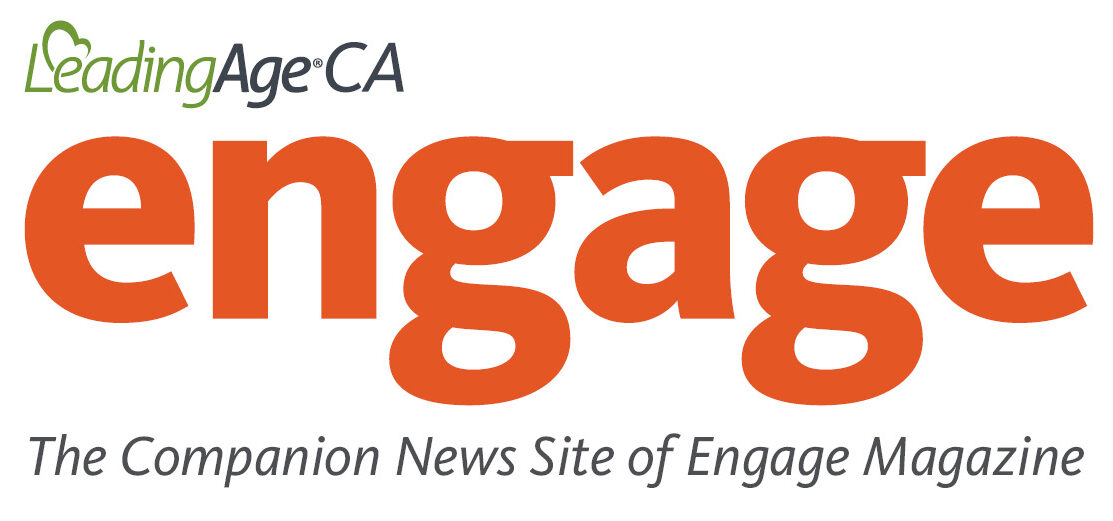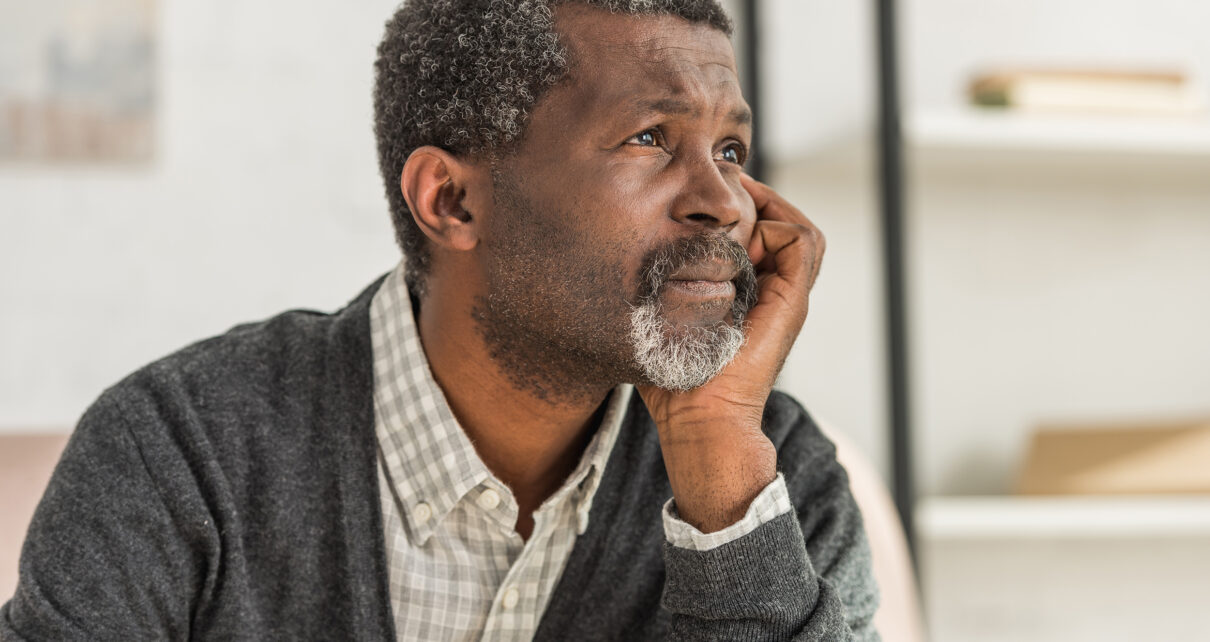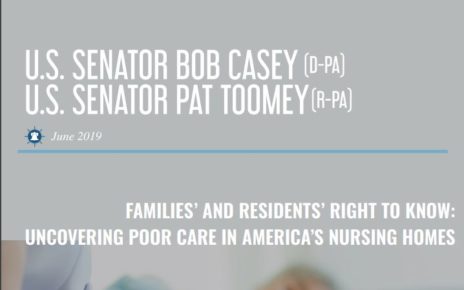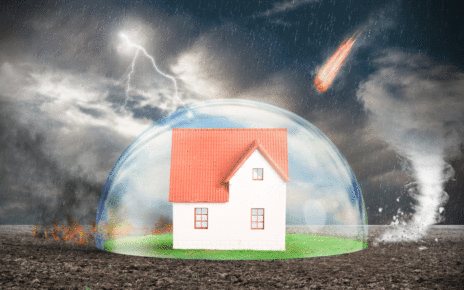In his Spring 2018 article in Engage Magazine, Institute on Aging’s Dr. Patrick Arbore described social isolation as a public health problem with damages compared in scale to cigarette smoking. With COVID-19 keeping seniors indoors and primarily homebound during stay-at-home, some older adults may be more impacted by the negative physical and emotional health effects of isolation, especially without an emotional support system.
Institute on Aging
Community Services, San Francisco, CA
The Institute on Aging’s (IOA) Friendship Line is a crisis line designed for older adults, people with disabilities and caregivers. Trained volunteers and staff provide grief support, suicide intervention, emotional support, active suicide intervention, information and referrals. IOA’s Vice President of Strategic Partnerships Preston Burnes discussed their experience adapting to the lockdown.
the challenge
“The most significant impact has been that we were forced to move to a mostly remote staffing and volunteer system very rapidly for everyone’s safety,” said Burnes. Throughout the program’s history, Friendship Line has operated from IoA’s San Francisco headquarters to be more accessible to their volunteer community. As circumstances with COVID-19 began to change quickly, “it meant turning on a dime to move almost everyone to remote within one week in March, shifting our call center system structure, ensuring our team had the necessary technology and switching our management structure to supervision and support from a distance,” said Burnes. “But it also allowed us to leverage a broader pool of volunteers and staff down the road and ensure we are leveraging best in class technology solutions.”
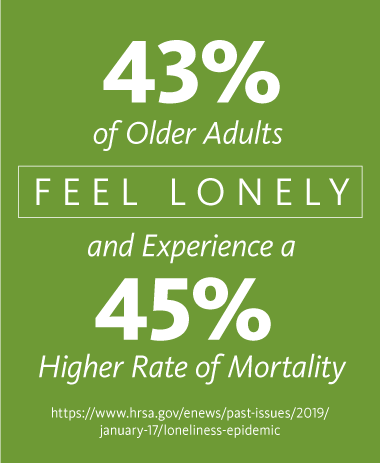 As staff, volunteers and those calling into the Friendship Line find themselves experiencing many of the same emotions, “Our hope is that by listening and connecting, we can reduce some of the negative feelings arising during this time and give callers a boost as they deal with the challenges they are now facing each day,” said Burnes.
As staff, volunteers and those calling into the Friendship Line find themselves experiencing many of the same emotions, “Our hope is that by listening and connecting, we can reduce some of the negative feelings arising during this time and give callers a boost as they deal with the challenges they are now facing each day,” said Burnes.
the Solution
by Patrick Arbore, Founder and Director,
Center for Elderly Suicide Prevention and Grief-Related Services, Institute on Aging
For the future, the program is embracing opportunities for growth by building partnerships with “benefactors, health payors and government agencies,” said Burnes. “Our hope is that those partnerships will provide us the fuel necessary to both build out our systems and our team. We are also partnering with Dr. Carla Perissinotto’s Gerontology team at UC San Francisco to study the impacts of interventions like the Friendship Line during a time of crisis.”
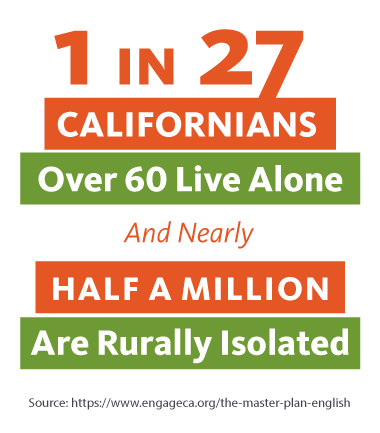
The emotions described by our phone clients now include increases in anxiety, fear, and uncertainty. Underlying these challenging emotions is strong feeling of loss. Our lonely clients are feeling scared about a future that they haven’t truly experienced yet. The training for volunteers and staff is changing to strengthen our capacity to respond compassionately to the impact of a changing world on the lives of our callers. This COVID-19 crisis reminds me of the philosophy upon which Friendship Line was based: “Connections with others bind us to life.” I believe in the power of connections today even more than I did in 1973. The “solution” lies in our willingness to connect with one another.
Institute on Aging and the California Department of Aging have partnered to expand Friendship Line’s ability to accept calls from all 58 counties across California. Call Friendship Line California at 1 (888) 670-1360.
